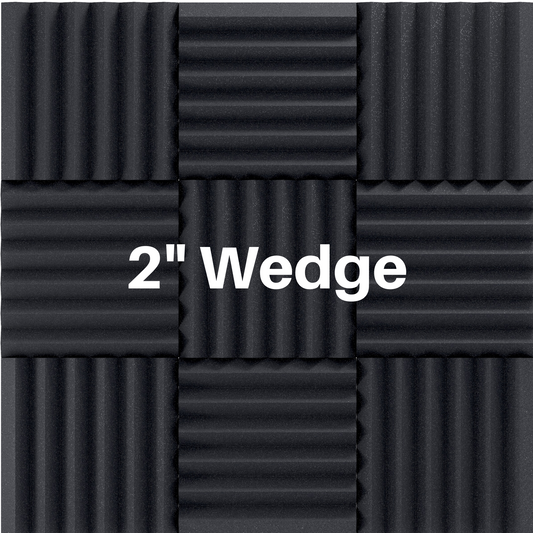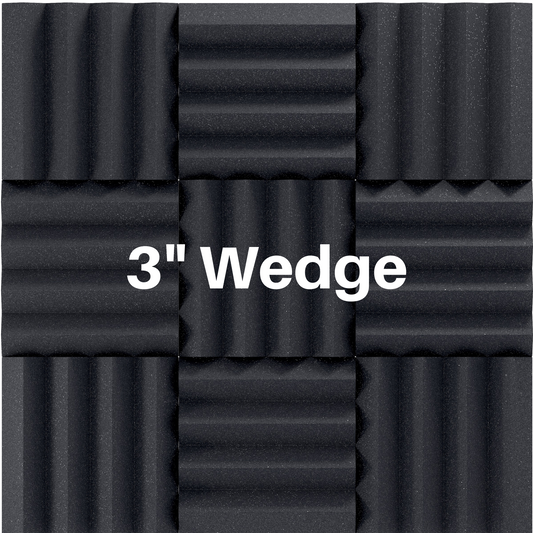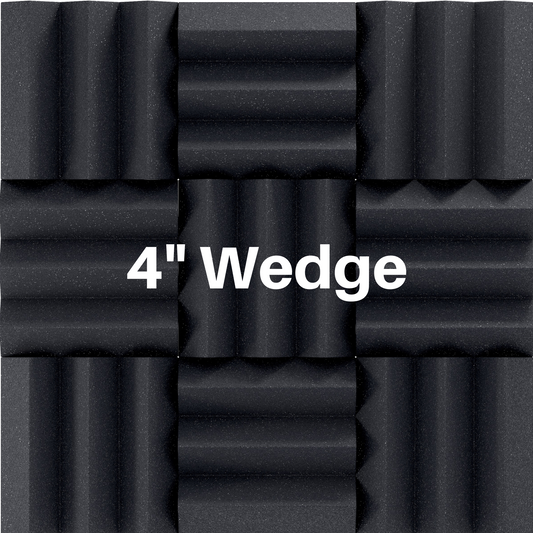Can You Hear Your Next Door Neighbors? How Sound Gets Into Your Space And What Can Be Done To Stop It
Share
If you've ever been annoyed by the sound of your next door neighbors, you're not alone. It can be really frustrating when you can't get any peace and quiet in your own home. In this blog post, we will talk about why this happens and what can be done to stop it.
We will discuss how sound gets into your house and some methods that can be used to block it out. If you're having trouble with noisy neighbors, please read on for some helpful tips!
Problems With Noise Coming Through A Wall?
One of the main ways that sound can travel from one house to another is through the walls. If you live in an apartment building or a condo, it's likely that you've experienced this at some point. It can be really frustrating when you're trying to relax or sleep and you can hear everything your neighbor is doing. This happens because sound travels through the air and vibrates the walls, which then transfer that sound to your house.
One way to help reduce this noise is by using soundproofing materials on the wall. This can be done in a few different ways, but one of the most effective methods is to use mass loaded vinyl. This is a heavy material that helps to block out sound. You can also use insulation to help reduce the noise, as well as soundproofing paint or caulking.
For sound coming through another good solution to block the noise is to add another layer of drywall with green glue in between. The added mass of more sheetrock combined with the noise blocking properties of green glue will block the sound much better than acoustic foam panels. This is the simplest fix that wouldn't require structural modification to the wall frame.
Our acoustic foam is designed to lower the reverberation time in a room and dampen sound. The foam will dampen some of the sound but there still may be some going through. For example, the 2 inch panels have a Noise Reduction Coefficient (NRC) of 0.65 overall. This means approx 65% of the sound will be absorbed by the panel and the other 35% will pass through or be reflected back. Keep in mind that this is for 100% coverage. The thicker panels have a higher NRC.
Problems With Noise Coming Through The Floor?
This can be super annoying! The noise coming through a floor is known as structural born noise.
If you can hear noise coming through the floor, it's likely because your neighbor upstairs is making a lot of noise. This happens because sound travels through the air and then vibrates the floor, which then transfers that sound to your house.
One way to help reduce this noise is by using soundproofing materials on the floor. This can be done in a few different ways, but one of the most effective methods is to use soundproofing carpet or flooring underlayment. This is a heavy material that helps to block out sound. A local carpet or flooring contractor will be able to get you a quote. This can be challenging though because your neighbor or landlord actually has to care enough about it to re-do their floors.
One thing you can do in your space is decoupling the ceiling. Decoupling is the process of breaking the connection between two surfaces so that sound cannot travel as easily between them. One way to do this is by using acoustic clips and resilient channels. This will create a space between the ceiling and the floor above, which will help to reduce noise transfer. The HushFrame connectors can be used to decouple your ceiling or your walls.
Problems With Noise Coming From Outside?
If you're having trouble with noise coming in from outside your house, there are a few things you can do to help stop it. One of the main causes of this is when your neighbor makes a lot of noise in their yard. This can be really frustrating, especially if you're trying to relax or sleep.
One way to help reduce the noise is by using a fence or landscaping to block the sound from coming in. You can also use soundproofing materials on your windows and doors to help keep the noise out.
Doors can be kind of tricky. One problem I see often is the door is not insulated around the edges. Even the slightest crack will let the noise through. Think of sound like water. If you filled your whole room with water, wherever the water would leak out sound will leak out too! Weatherstrips work well for sealing gaps if you do have them. Duck brand makes a good weatherstripping product, and is available on Amazon.
Now let's talk about windows. Some easy and cheap ideas are weatherstripping or caulk combined with thick curtains. Many times there are small cracks in the windows that are letting the sound through. Weatherstripping or caulk can help tackle that problem fairly easy. Thick curtains will also help dampen sound. Even having a thick comforter over the window will help if you have an extra one around.
If you're having trouble with noisy neighbors, please don't hesitate to reach out for help. There are a lot of different products and methods that can be used to stop the sound from coming through the walls or into your house. Feel free to browse our website for more information, or give us a call today!
If you still have questions we are glad to help you! Please contact us anytime!
Read More
What Is Transmission Loss Of Sound ?
What Is Noise Reduction Coefficient (NRC) ?





